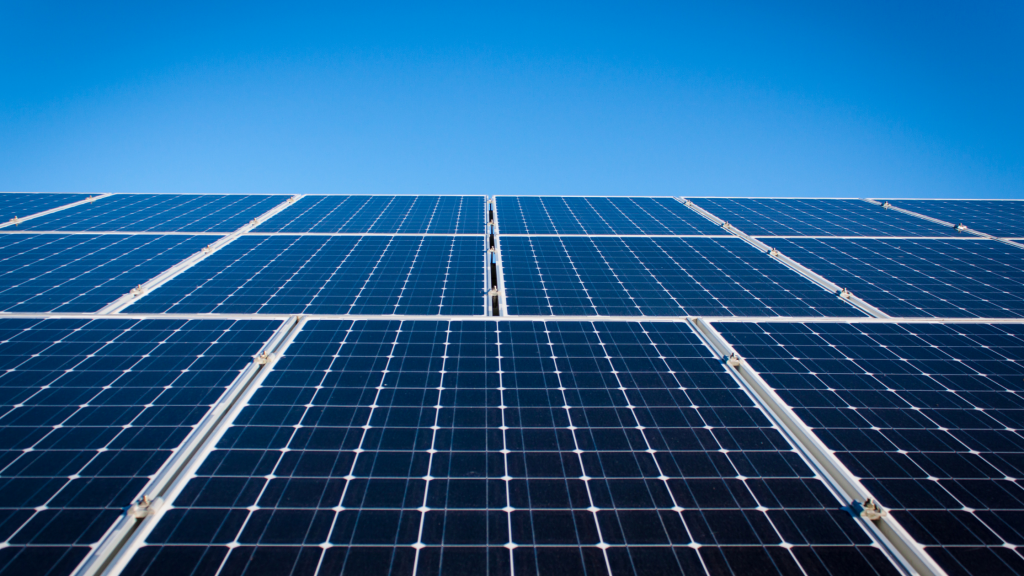Fun in the Sun: What Do Solar Panels Really Cost?
If you are already enjoying the sun this summer, it might have occurred to you that solar panels could be a great addition to your home.
Electricity prices are rising every year. Many are turning to solar panels as an alternative, money-saving source of power. But how much do solar panels cost to install and maintain?
And, more importantly, how much can they save you?
Here is your guide for the cost to install solar panels.
How Much Do Solar Panels Cost?
The average cost to install solar panels is between $15,000 and $25,000. Most systems last about 20 years and require very little maintenance aside from cleaning.
But the true cost of solar panels depends on how much money you will save on electricity. Solar charge controllers guide can be used to make sure that your battery bank does not overcharge or undercharge. It can also ensure that there is no power fluctuation, which prevents damage to your equipment
Before installing solar panels, you will want to be sure you will be saving on electricity. This will depend on things like your location, electricity usage, and incentives. Here is what you need to consider.
Your Electricity Bill
The first thing to do is review your electricity bill. The higher your bill, the more you will save.
But be mindful. Electricity rates and usage are volatile. If prices fluctuate, so can your savings. You will also need to check how much power your house uses to assess how many panels you will need to power your home.
Solar panels are designed to last for about 20 years with limited maintenance costs. If your electricity bill is $1,000 per year, then you’ll break even with a system that costs about $20,000.

Sunlight Exposure
Obviously, the more sun exposure your solar panels get, the more electricity they produce.
States like California and Arizona average more sunlight hours per day. You also need to consider the orientation of your home toward the sun, the type of roof, and potential shade.
You can have an expert solar provider like Blue Raven Solar give you a solar rating. They’ll let you know if your home would be efficient and compatible with solar panels.
Consider Incentives
The government offers great incentives for installing residential solar panels. A residential tax credit is available for taxpayers to claim 22% of the installation cost for systems installed by December 2021.
Various states have their own incentives including cash back, property tax exemptions, and waived fees. In some states, homeowners with solar panels can sell their excess power back to the grid.
Depending on your location and circumstances, these incentives can make installing solar panels very cost-effective. Beware as these incentives are not likely to last. As solar energy is becoming cheaper, these incentives are being reduced.
Leasing Solar Panels
You can also consider leasing solar panels. This is a good option if the upfront cost is too expensive.
Be sure to check how leasing will impact your eligibility for incentives. It is also likely that leased panels will not increase your home value.
Your Solar Powered Home
What if you are paying high energy rates and your home has a suitable solar rating?
It is almost certainly worth investing in solar panels while the 22% tax credit is in place. Not only are will you be saving on energy for the next 20 years, but you’re also helping to save the environment.
If you enjoyed this post about when you should install solar panels, check out the rest of our blog.

